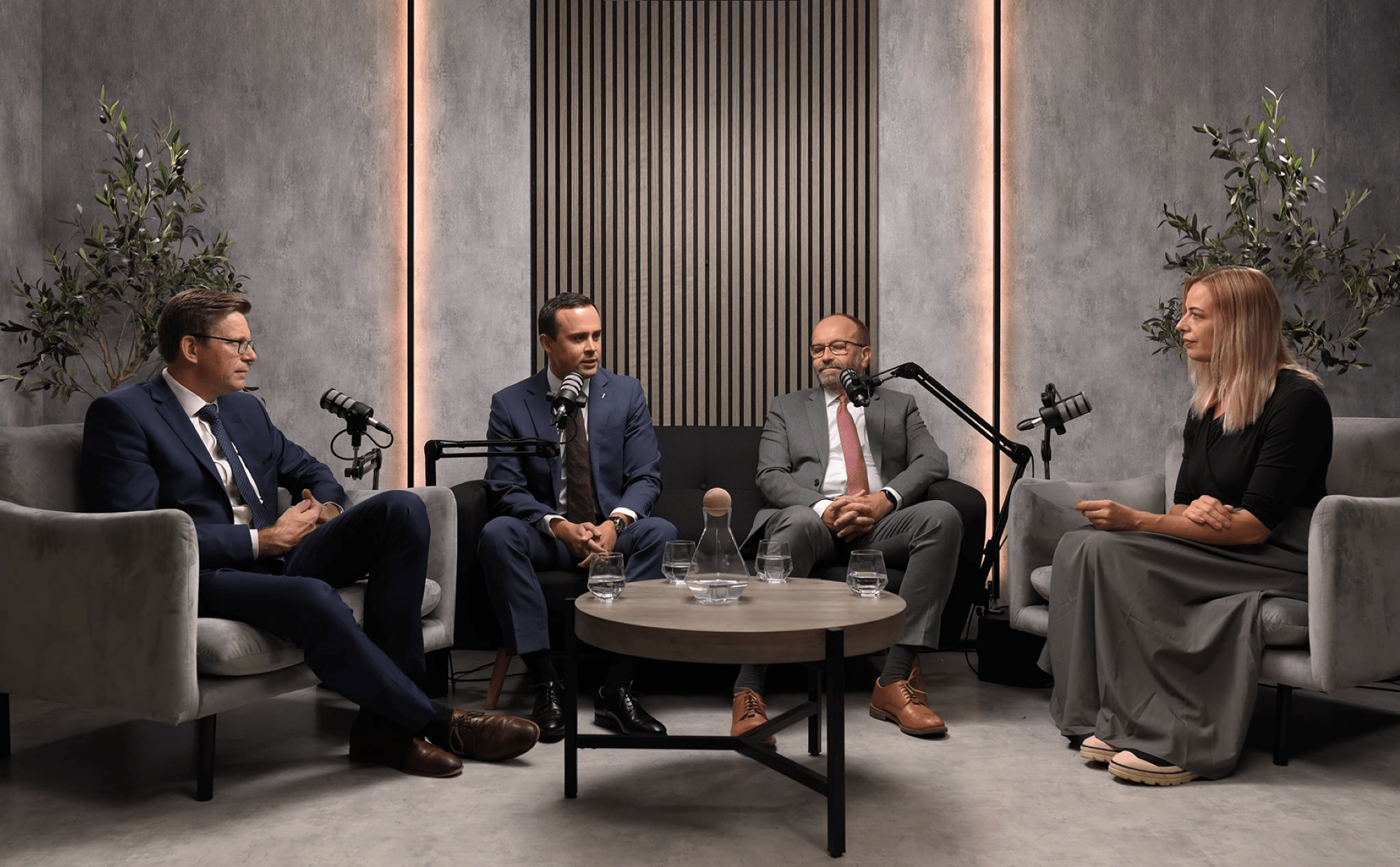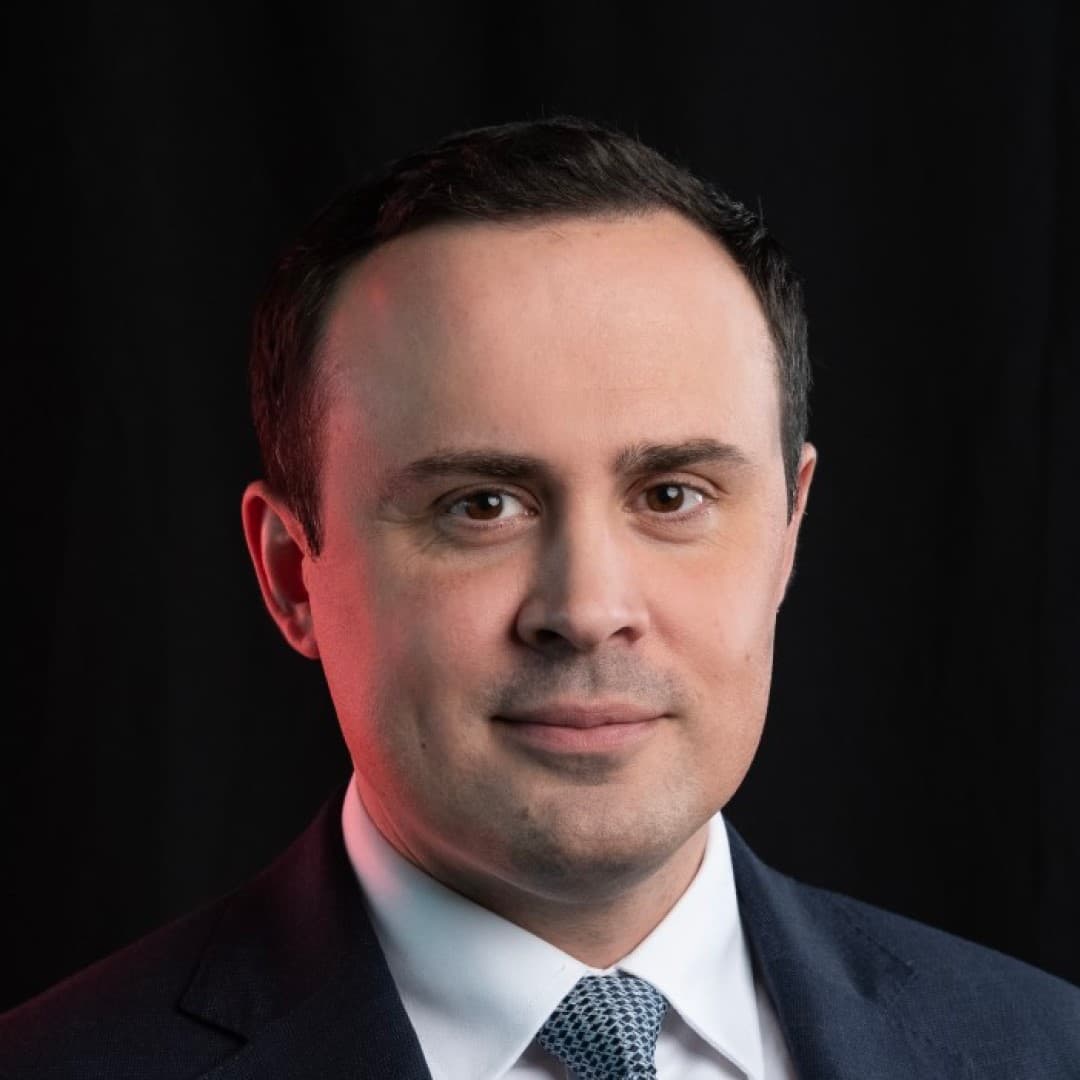Not only roads and railways. With PPP projects, you can also build a school or a cultural center, says Jan Sůra from PORTOS.
01 \ 11 \ 2024

Four investors are likely to be interested in the contract for the modernization of the railway line to Václav Havel Airport Prague through a PPP project. By the end of next year, the tender for cooperation between the state and a private partner should be completed. The contract signing is expected in 2026. "Construction will then take place over four years," said Jan Sůra, partner at the law firm PORTOS, in a podcast by Česká justice and Ekonomický deník Perspektivy Česka. He emphasized that the PPP project model is suitable not only for investments in road and railway construction.
“It is unsustainable in the long term—not only for the Czech Republic but for any country—to resist allowing private money into areas of public interest. In my opinion, this is the key to growth,” says Jan Sůra.
The law firm PORTOS is acting as a transaction advisor to the state on the project to modernize the railway line from Prague-Veleslavín to Václav Havel Airport Prague. The project costs amount to 1.1 billion euros. According to Transport Minister Martin Kupka, people could be traveling to the airport via the new railway line by 2030. “Even by European accounting standards, PPP projects are the only alternative that does not burden the deficits of public institutions nor increase state debt. Today, we have a dedicated PPP department because several such projects are currently underway,” Kupka explains.
PORTOS has thirty years of experience with public infrastructure projects. “However, not only such projects are suitable for PPP. For example, you can build a school, cultural center, or anything under a full concession as a PPP project. The private entity may not even have to hand it over to the state but can also manage the operation of the facility for the state,” says Jan Sůra. PORTOS is also collaborating on the airport project with colleagues from Portugal, who were involved in the high-speed rail project from Porto to Lisbon.
PPP projects have been established abroad for several decades, but their boom is only just beginning in the Czech Republic. Financing typically involves banks. “I like to say that with PPP projects, we are in the same boat as the client. That’s purely because we share the same interest: we want the project to function successfully in the long term and do what it is supposed to do,” says Jan Troják, head of project financing at ČSOB, who has extensive experience with PPP projects abroad.
The episode “The Future of Transport in the Czech Republic” is available on all podcast platforms.
On Youtube or Apple podcast
From the website Česká Justice




